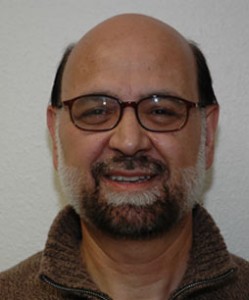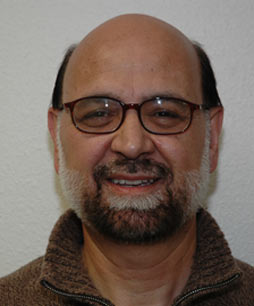
Dr. Hamed Madani, professor of government on SE Campus, talks about voting in primary elections.
Q. What is a primary election?
A primary election is an American phenomenon. It was introduced during the Progressive era of the early 20th century to make the selection of nominees more democratic. Previously, party leaders, activists and elected officials selected each party’s nominees. According to Texas law, any political party whose gubernatorial candidate received 20 percent of the popular vote in the previous general election must hold a primary election.
Q. If someone votes in the Democratic Party primary in March in Texas, can he or she still vote for a Republican candidate in the general election in November?
In Texas, no record is kept of which party ballot voters choose or have selected in the past. Furthermore, voters are not required to declare one’s party affiliation in advance of primary election. That is, voters can cast their votes for candidates of their choice regardless of which party candidates they voted in the primary elections. However, voters in Texas are morally (but not legally) bound to vote for his/her party’s candidates.
Q. What advice can you give about choosing which primary election to vote in?
An important consideration for getting involved in the primary election is one’s party affiliation. Party activists and supporters are the ones who make sure to vote in the primaries. The voters rely on candidates’ position on issues and experience in deciding how to cast their votes. The most important issues of concern to most voters in this presidential primary election have been the economy, healthcare, immigration and national security.
Q. What are delegates and super delegates?
Delegates are party activists from each party who attend the national party convention to officially nominate a presidential candidate and a vice presidential candidate. To become a delegate to the national party convention from Texas, one has to be selected as a delegate in lower party conventions, including precinct, county or senatorial district and state conventions.
There are three types of delegates who attend the national party convention: regular delegate, alternate and super delegate. A regular delegate is a voting delegate and an alternate is a non-voting delegate and will become a voting delegate if a regular delegate cannot attend the national convention. The Democratic Party is the only party with super delegates. Approximately 20 percent of the Democratic Party’s delegates are made up of super delegates. They are Democratic Party officials and elected officials.

